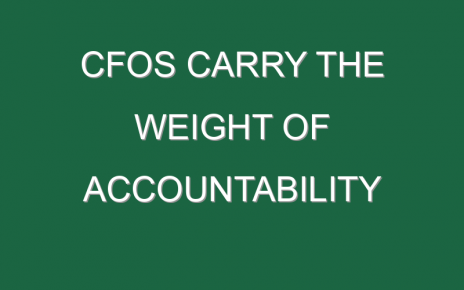As AT&T executes the largest strategic transformation in the Fortune 500, some of what the naysayers warned of is coming true.
The company is mutating from a phone business into a giant media conglomerate, having bought DirecTV in 2015 for $67 billion and then Time Warner in 2018 for $109 billion. The vision was for AT&T to “control its destiny” by owning “a big portfolio of premium content,” as former CEO Randall Stephenson explained to Fortune in 2019. The centerpiece of that plan, the project on which the whole grand strategy’s fate will depend, is the HBO Max streaming service. It went live last May and was in the news again this month with an announcement that shocked Hollywood.
AT&T’s WarnerMedia division, which houses HBO Max, the Warner Bros. film studio, and the Turner cable networks (CNN, TNT, TBS, others), said Warner Bros.’ entire 2021 slate of films—including big-budget blockbusters Dune and Godzilla vs. Kong—will debut on HBO Max on the same day they arrive in theaters. The subtext: HBO Max needs more subscribers. With 12.6 million as of early December, it’s far behind Disney Plus, with 74 million, and way, way behind Netflix, with 193 million.
The news blew up Warner’s relations with theater chains, which were already devastated by the pandemic. AT&T CEO John Stankey tried to mollify them, saying at least Warner was “giving theater owners a predictable release of content over the next several months that they can plan around,” unlike the chaotic postponements and cancellations of films in 2020. Theater chain CEOs were not grateful. “Warner Media intends to sacrifice a considerable portion of the profitability of its movie studio division, and that of its production partners and filmmakers, to subsidize its HBO Max startup,” AMC CEO Adam Aron said. “As for AMC, we will do all in our power to ensure that Warner does not do so at our expense. We will aggressively pursue economic terms that preserve our business.”
The change also increased the odds of piracy, especially overseas, where pirates routinely point a video camera at the screen from a theater seat and then sell copies. With major films on HBO Max at day one, pirates can stay home and produce much higher-quality ripoffs.
But the most damaging effect of the announcement in the long run may well be the harm it does to Warner’s relationships with the directors, actors, writers, and others who make great movies great. The best of them are profit participants; their contracts give them a cut of a movie’s many revenue streams, and suddenly an important one, theatrical exhibition, is to be decimated.
Worst of all, Warner didn’t tell them in advance. They heard about it like everyone else. “The importance of how this is handled can’t be overstated,” analyst Craig Moffett told clients in a note. “Warner has long enjoyed a reputation as the best independent studio, where talent can go for both creative freedom, arm’s-length rights negotiations and profit maximization. The mere appearance of self-distributing could be seen as running counter to the best-in-class culture that has long been Warner’s selling point to world-class talent.”
Or as stated by 10-time Oscar winner Christopher Nolan, a director whose relationship with Warner goes back 18 years: “Some of our industry’s biggest filmmakers and most important movie stars went to bed the night before thinking they were working for the greatest movie studio and woke up to find out they were working for the worst streaming service.”
Some longtime industry players saw it coming. AT&T “has zero faith in relationships” with creative professionals and their agents, a former high-level Time Warner executive told Fortune in 2019. “Those [AT&T] guys are a running team. Our business is a passing game.” The greatest creative professionals want more than freedom; they also want their work sold to the highest bidders, who will make sure it’s seen most widely. If it isn’t, trouble is certain. Or as the former Time Warner executive said, “If they think you’re suboptimizing by selling to your own network, the game’s up.”
That’s exactly what AT&T is doing. Trying to build up HBO Max by premiering all of the company’s 2021 movies on the service will “lead to lost revenue of $1.2 billion,” Moffett estimates. That’s suboptimizing, to the detriment of the moviemakers. The danger for AT&T is that it can easily calculate increased revenue from HBO Max subscriber growth, but it can’t easily measure the cost of broken relationships, which could be much greater. Christopher Nolan warned, “They don’t even understand what they’re losing.”
More must-read stories from Fortune:
- The Future 50: 2020’s companies with the best long-term growth potential
- The IRS effectively canceled the tax break that made PPP loans so valuable
- Battery startup backed by Bill Gates claims major breakthrough
- Why aren’t we in another Great Depression?
- Nestlé CEO: Climate change laggards put the planet—and their businesses—at risk




